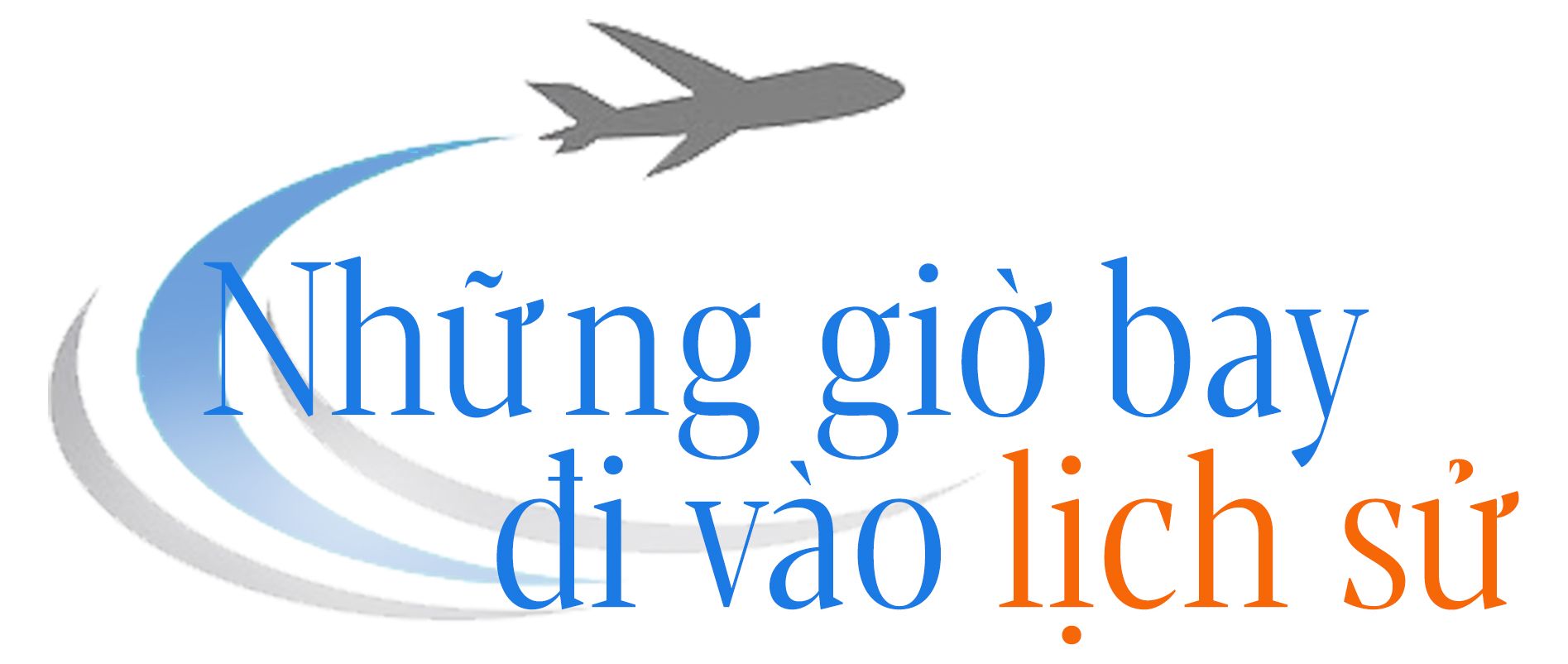
Reporter: You consider the moment you flew and dropped bombs on the Independence Palace and then landed safely in the liberated zone as “the flight of my life”. How did you feel at that time?

Bombing the Independence Palace was an action I had planned for a long time. To do that, I had to be a pilot and fly a fighter plane. After being selected, I was sent by the Saigon Air Force to the US for pilot training from 1968 to 1971.
When I was a child, my father was brutally tortured by the enemy and died. My mother and uncles changed my name and registered my birth certificate with the surname Nguyen. Therefore, I was not suspected of working for the Saigon army.
By 1975, in order to mobilize all forces and capabilities together with the army and people of the whole country to quickly destroy the Saigon government, the Military Propaganda Committee of the Region (the contact person was Uncle Bay Luong and Brother Nam Thien) instructed me to choose the right time to bomb the Independence Palace and then fly to the liberated zone.
On April 8, a group of F-5E aircraft of the 540th Air Group, including the aircraft I piloted, was ordered to leave the Bien Hoa joint base to bomb and support the infantry in Phan Rang. I thought this was an opportunity, so when preparing to take off, I asked the squadron commander for permission to take off a few seconds later to have the opportunity to separate from the squadron, take off from Bien Hoa airport, increase altitude and head straight towards Saigon...
When I had a clear view of the Independence Palace, I threw two bombs into the yard next to the building. I continued to circle around and threw them into the right area of the Independence Palace and hit the target.
When I dropped the bomb on the Independence Palace, I only thought that I had to carry out my bold plan for a long time. The most important thing was that I had to calculate correctly, accurately, and hit the target. Our revolution all knew that I would drop the bomb on the Independence Palace and had prepared for every situation. The explosion at the Independence Palace was necessary, and my mission was to make the bomb explode.
Luckily, our revolution had liberated Phuoc Long airport, so after the bombing, I reported to the unit that the mission had been completed and returned to Phuoc Long to land. It was a small, recently liberated field airport with a very short runway. But thanks to previous testing, I stopped the F-5E at the 900m mark. If I had slid just over 100m further, the plane and I would have been gone.
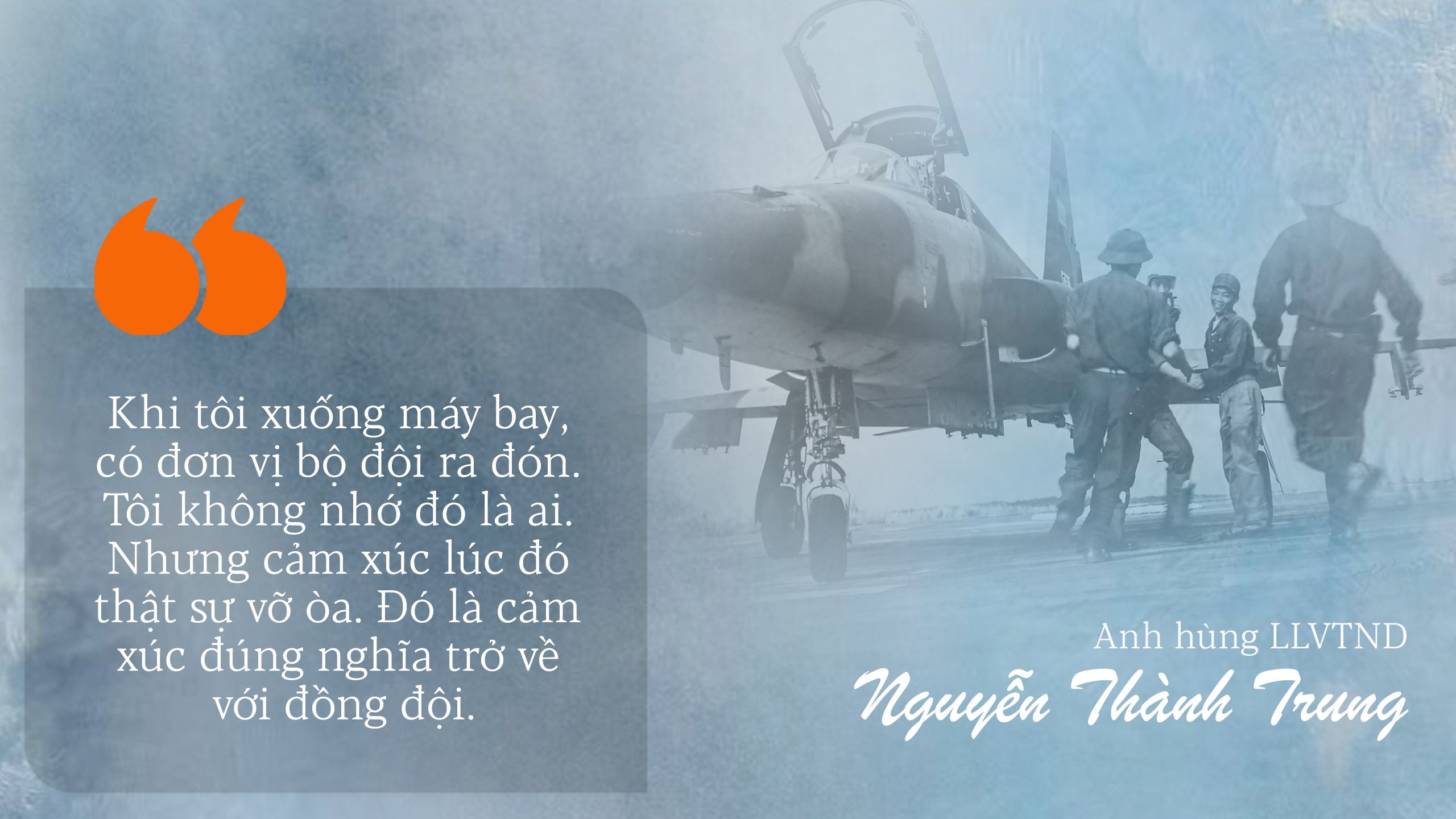
When I got off the plane, there was a military unit to welcome me. I don’t remember who it was. But the feeling at that moment was overwhelming. It was the true feeling of returning to my comrades.
Reporter: The second bombing raid was more systematically organized, at which time you revealed yourself as a revolutionary. The Quyết Thắng Squadron entered the history of the Vietnam People's Army and you were a member who made history. What strength gave you the confidence to continue confronting the enemy?

In my life, there were 2 bombing raids. The bombing of the Independence Palace was done “alone, on my own horse”, decided by myself and that was when I officially revealed myself.
After that trip, I was sent to Chu Lai airport to learn how to convert to A37 aircraft. After a week of training, we were taken to Thanh Son airport (Phan Rang). At exactly 6:00 p.m. on April 28, we led the flight, controlling 5 A37s to fly to Saigon, dropping bombs on Tan Son Nhat airport.
In the second battle, we were well prepared, with planes, pilots, and landing sites. We carried out the mission of attacking Tan Son Nhat airport, but were ordered by superiors not to attack the runway to give the US a chance to retreat. The sooner the US retreated, the better. Therefore, we only attacked the aircraft parking area, destroying many military aircraft, preventing the Republic of Vietnam Air Force from using Tan Son Nhat base to bring planes to bomb the battlefield right next to Saigon. Two days later, we liberated the South.
For me, every bombing raid is emotional, and I also know that I might never return.
Reporter: Having bombed important locations like the Independence Palace and Tan Son Nhat Airport twice and still returned safely, do you consider yourself a lucky person?

Fighting requires several preparations. One is to fight successfully without any problems. Two is to fight unsuccessfully and be intercepted by enemy planes.
I think what I did was very special. At that time, I tried to complete the mission, and I had to accept what could happen. Who shot or chased me was fine. When I attacked the Independence Palace, I thought the Saigon Air Force would take off to chase me, but after the bombing, I was the only one flying straight in the Saigon sky. The F-5E I was flying was the most modern fighter jet, flying at 2,000 kilometers per hour, no other plane of the Saigon Air Force could chase me.
My network seems to be very big. (Laughs). That's why I got through the most intense stages of the war, in 2 historic bombing raids.
Reporter: In your latest interview with the press, you talked a lot about your concern for the people and your desire to do something to end the war and ease the suffering of the people. Was bombing the Independence Palace such a decision?

But ending the war is very difficult, there must be a strong blow. As a young man growing up in a country at war, my actions must do something decisive.
At that time, with my strength, I thought that I had only the chance to use bombs to end this war. As for whether I am proud of ending it or not, I am not proud. Every citizen has the responsibility to do for the country, to do what they can. Like dropping bombs, I thought that dropping them right at the center of the Independence Palace, maybe we could influence some cool heads to end the war. And clearly, using bombs to attack the Independence Palace greatly affected the government of the Republic of Vietnam, causing chaos in everything.
Reporter: When you dropped bombs on the Independence Palace, you were still a pilot for the Saigon government. After dropping the bombs, you were able to escape to the liberated zone, but were you still worried?

I knew that I was a pilot of the Saigon regime. If I bombed the Independence Palace, the other side would condemn me and call me a traitor.
But this war has two sides, one side is the people, the other side is the government we are doing. I think that bombing the Saigon government will be supported by the people more. As for the Saigon government's condemnation, I don't care, I listen to everything they say. I just think about the things I want to do and whether I can achieve them or not, whether I can achieve the goal of ending this war soon to relieve the people's suffering, then I think I have done it.
This, even when I was young, I thought like that. And finally, I have also fulfilled my wish.
After the shocking bombing, my family, including my wife and two young daughters, the second child was only 8 months old, were arrested and taken to Prison 9, and were not released until liberation. People asked me why I did not arrange a safe place for my wife and children first. But no one did it. Taking my wife and children away was not necessarily safe, and if I acted rashly, I would be even more suspected. When I did something, I did not tell my wife because I did not know if I could do it or not, and telling her in advance would be risky.
When I completed the revolutionary mission of bombing the Independence Palace, I was not so worried about myself, but about the people at home. After that bombing, I knew my wife and children were imprisoned, and I was also restless. But worrying was useless, so I tried to throw myself into work to forget it, by doing my assigned tasks well.
On May 2, 1975, I left Phuoc Long for Saigon, and when I arrived at Bien Hoa airport, I met my wife and children who had just been released from prison. At that moment, I was overwhelmed with emotion.

After liberation, I was assigned to work at the 935th Regiment in Bien Hoa, test-piloting the aircraft left by the Americans, passing on my experience to my pilots. I mainly did political missions, and hardly flew fighter planes anymore. Later, I moved to work in transport aircraft, working for Vietnam Airlines .
Reporter: You are a Hero of the People's Armed Forces, but you have never considered yourself a hero? You just think it is your historical mission?

I think my life must definitely be involved in protecting the country, ending the war, and building the country. The important thing is to do it in the right place at the right time. Sometimes I was right, sometimes I was not successful in ending the war, but personally I was fortunate to be able to participate in ending the bloody war that lasted for decades.
Later, I was awarded the title of Hero of the People's Armed Forces. It was a great honor, because I was trusted by the State and the people. Those recognitions were proof that I had contributed to the success of our revolution.
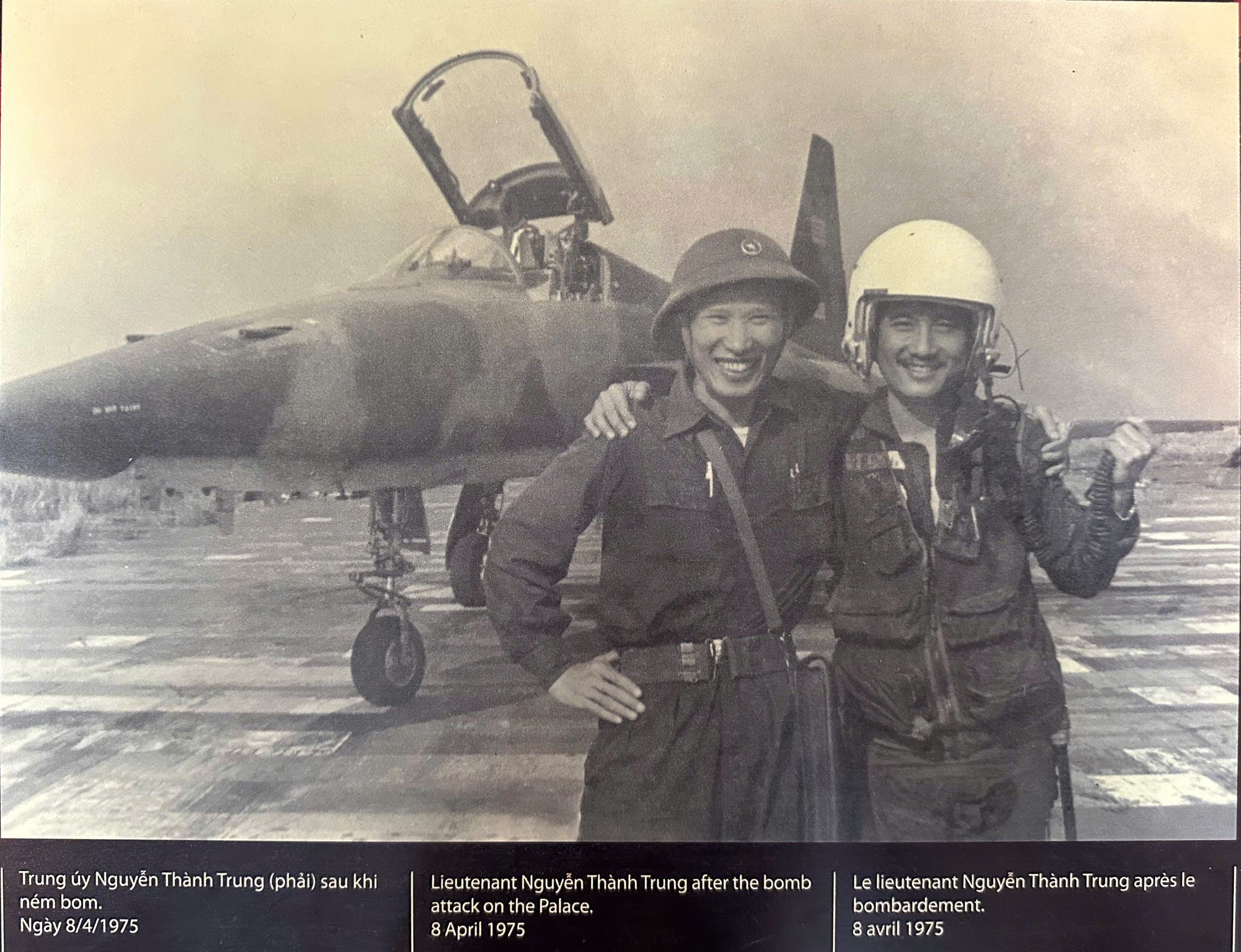
In reality, when flying a fighter plane, you know that the plane is good. But when you test fly it, it is very difficult. You must always be prepared to die. At that time, you have to review the parachute movements, and determine that the plane can break down at any time. Either you parachute successfully or you die.
Reporter: Your life is still full of conflicting information. Is being misunderstood the most painful thing for you? How did you overcome it?

Standing on the people's side, I do what is right, what the people support, and I don't do what the people oppose. I just do my responsibility, no matter what anyone says.
But my peace is not complete peace. Coming back to you, in name only, but in my heart, I think a lot, and worry about many things.
I knew I was a puppet pilot, used by the revolutionary side in many battles. But to trust him absolutely was still a question mark. I had to think about it myself, explain it to myself, and could not confide in anyone.
But in my role as a Party member, when I receive a task, I only know how to fulfill my responsibilities, without thinking deeply anymore.
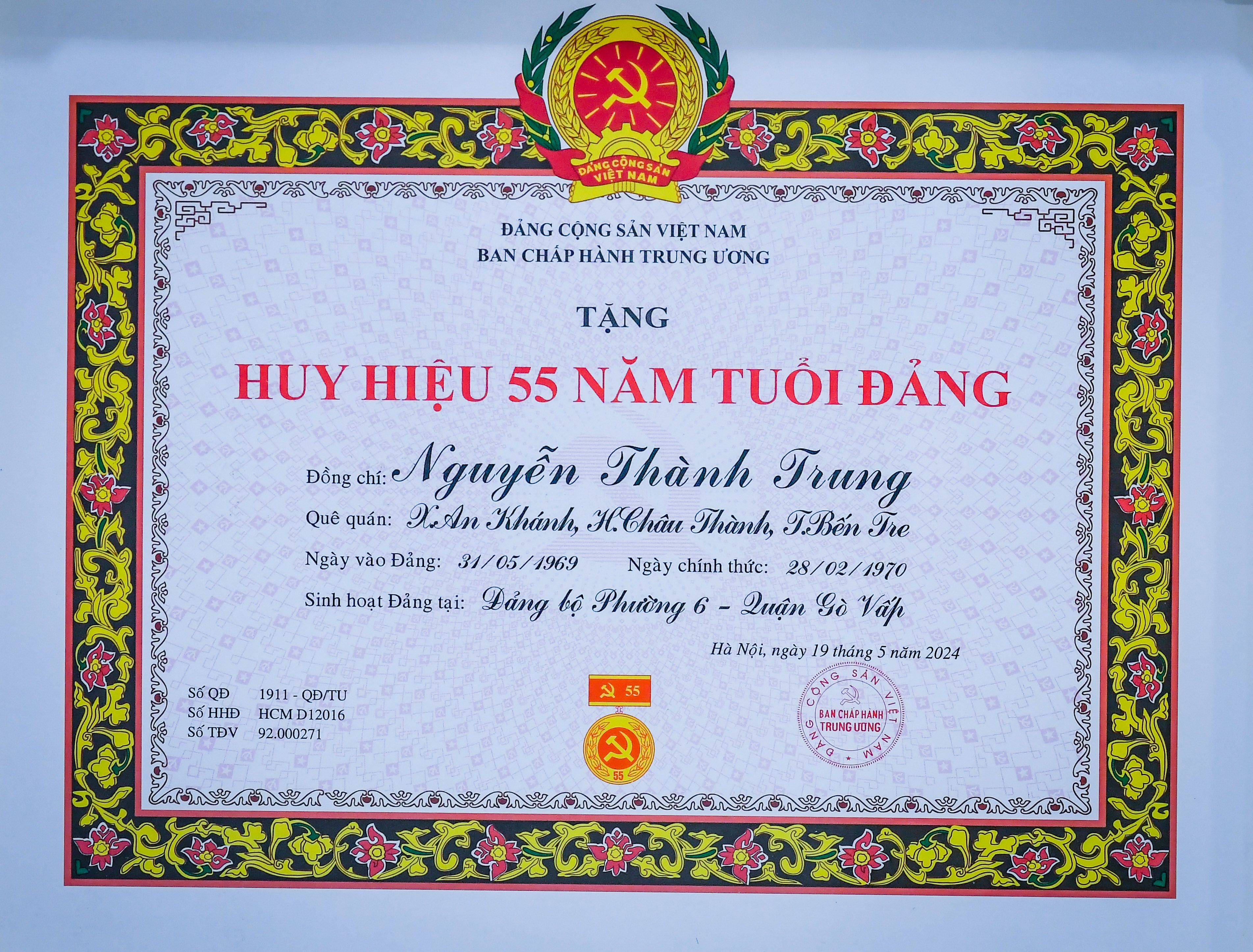
Reporter: At that time, was there ever a time when you thought you would take advantage of the opportunity to train to fly a plane and flee to another country?

I have never thought about going abroad. Life is the same everywhere, you have to create it for yourself. Everywhere people welcome good workers, good thinkers, good doers. But wherever people are lazy and do nothing, they are not welcomed.
Reporter: What is the thing that still haunts you in the war of national liberation?

There are many regrets. In life, it is difficult to fulfill one’s responsibilities. In my heart, I always feel that I have done many things, but there is something that has not been completed, not done completely. The failure to liberate Hoang Sa is such a thing.
Reporter: How did we heal the wounds of war after liberation? Do you think Vietnam has done well in terms of national reconciliation?

Up to now, the Vietnamese people have solved the problem of national reconciliation peacefully, that is, the differences between me and you have gradually decreased, there is no more tension. The previous generation has difficulty accepting, the next generation has an easier time accepting, reducing the tension of the previous generation, and building the country together. Everything needs time, and time for Vietnam must go through a generation for it to end. The young generation must solve the problem of hatred between the previous generation.
I have many friends who worked under the old regime. Their children and grandchildren have integrated into our new government very well, integrated into the new society, and they all encourage their children and grandchildren to build the country.
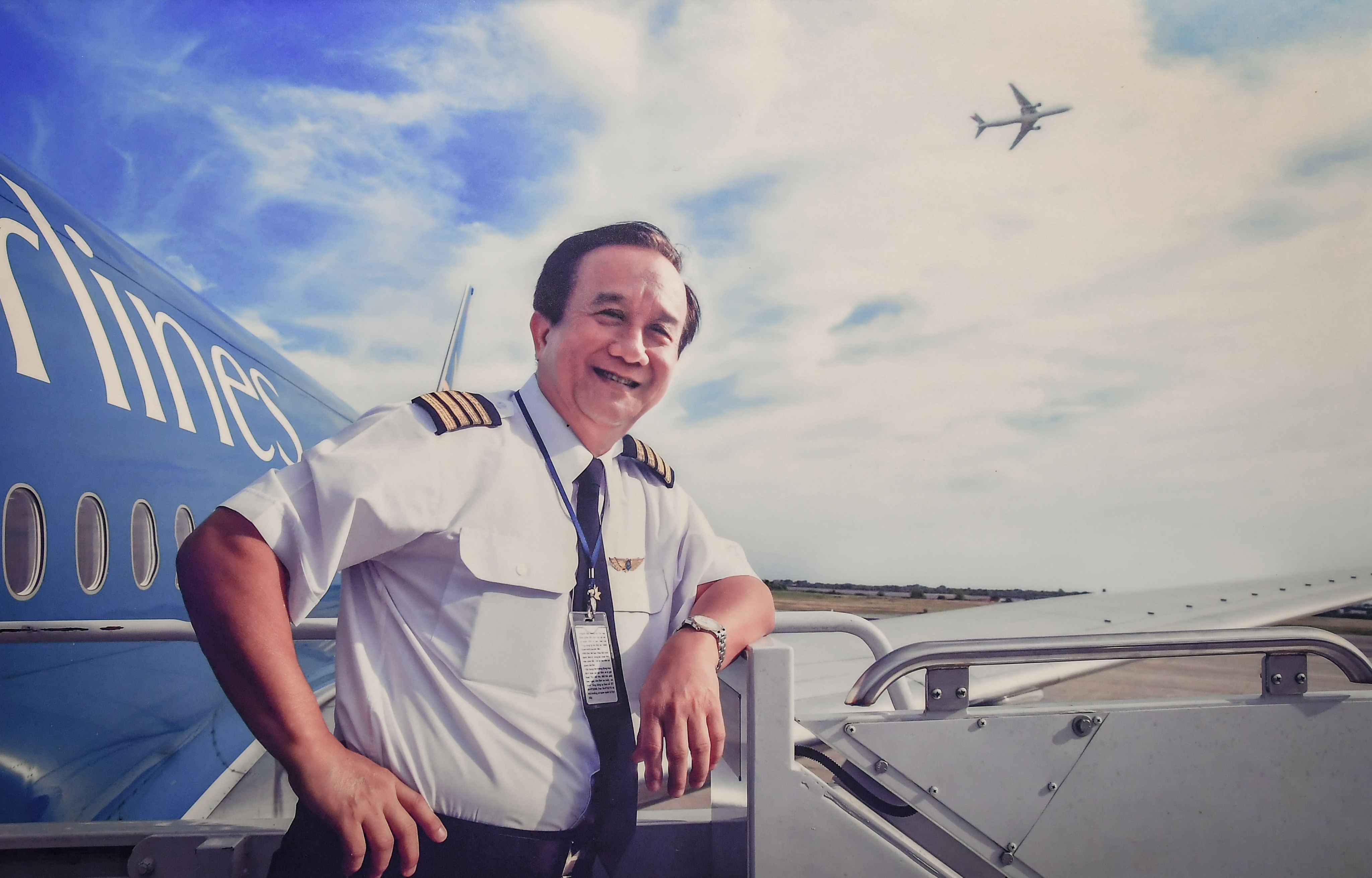
Reporter: Later, you became a great leader in the aviation industry. What did you devote much effort to imparting and teaching to the young generation in the industry?

As a leader in the aviation industry, I always want aviation to be safe, to fly to and from the destination safely. I have to fully exploit and fly well any type of aircraft assigned to me. And this has been proven in practice.
Reporter: The 50th anniversary of the liberation of the South is a special milestone. Many of your friends are no longer here to witness the changes in Ho Chi Minh City. How do you see the city's growth today?

Ho Chi Minh City compared to 50 years ago, has developed a lot, is bigger, more modern and has a larger population. Saigon deserves to be the center of the South and also deserves to be the center of Southeast Asia - the pearl of the Far East.
Thank you Hero of the People's Armed Forces Nguyen Thanh Trung!
Publication date: April 1, 2025
Implementing organization: TRUONG SON
Content: THAO LE - THIEN LAM
Presented by: MINH THU
Photo: THANH DAT
Nhandan.vn
Source: https://special.nhandan.vn/AH-Nguyen-Thanh-Trung/index.html


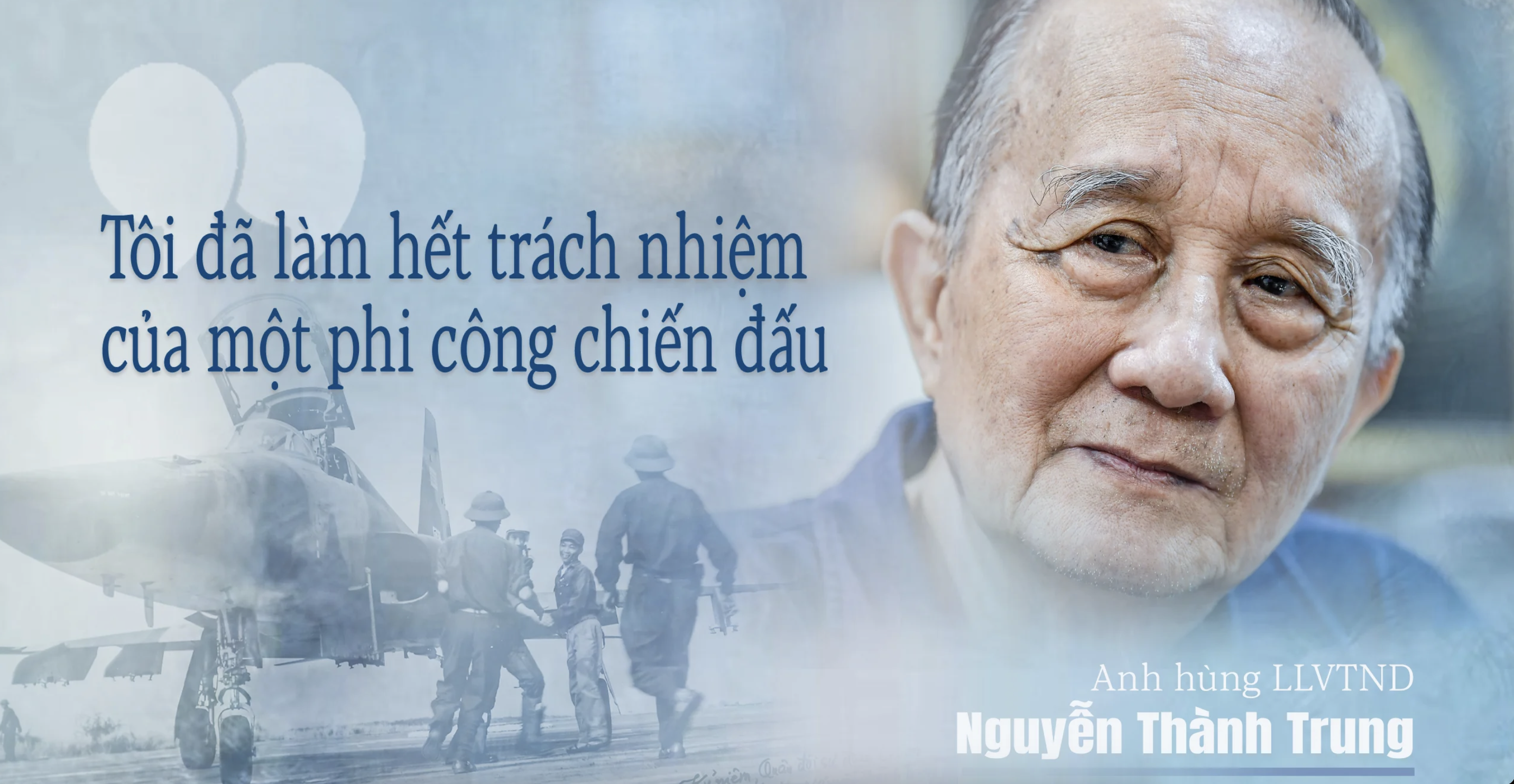
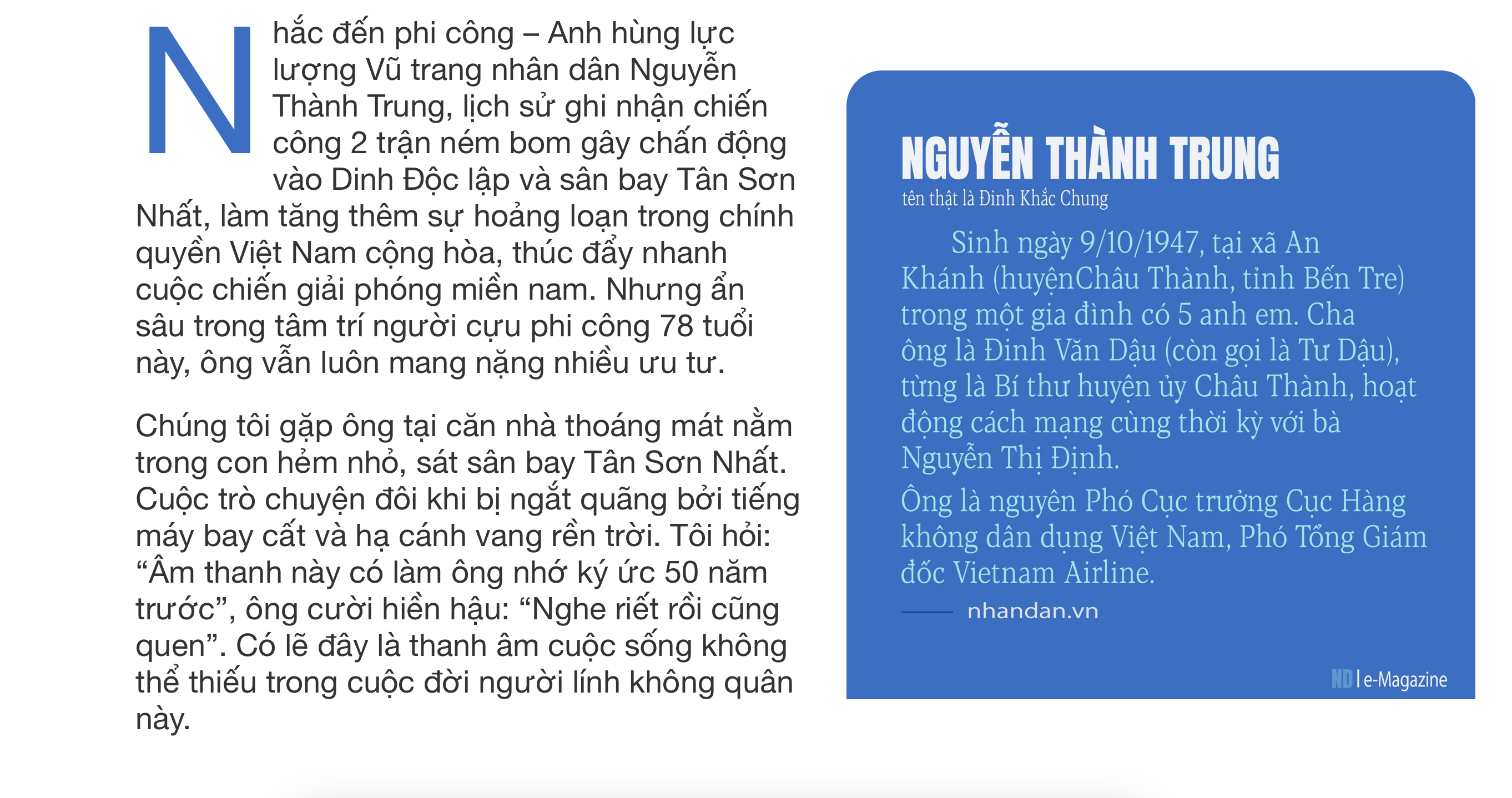
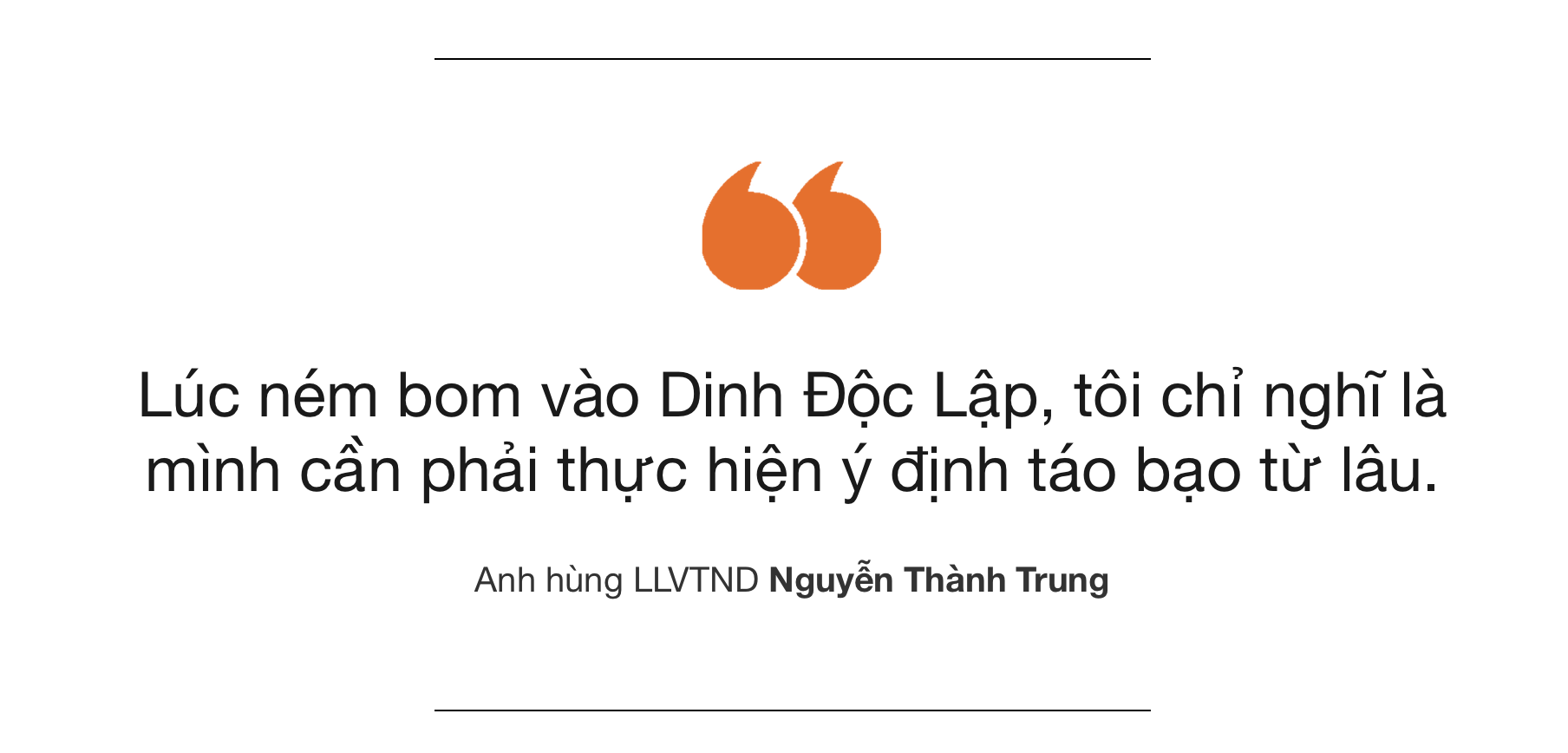

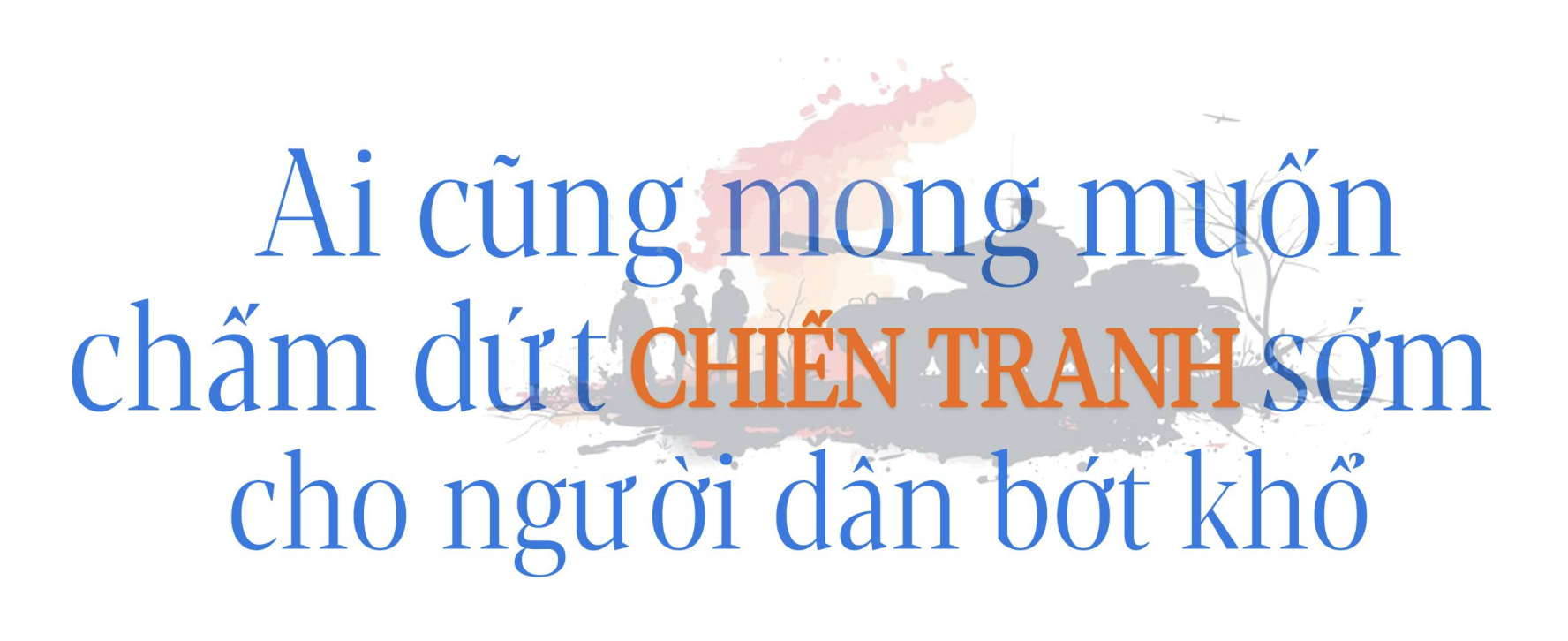
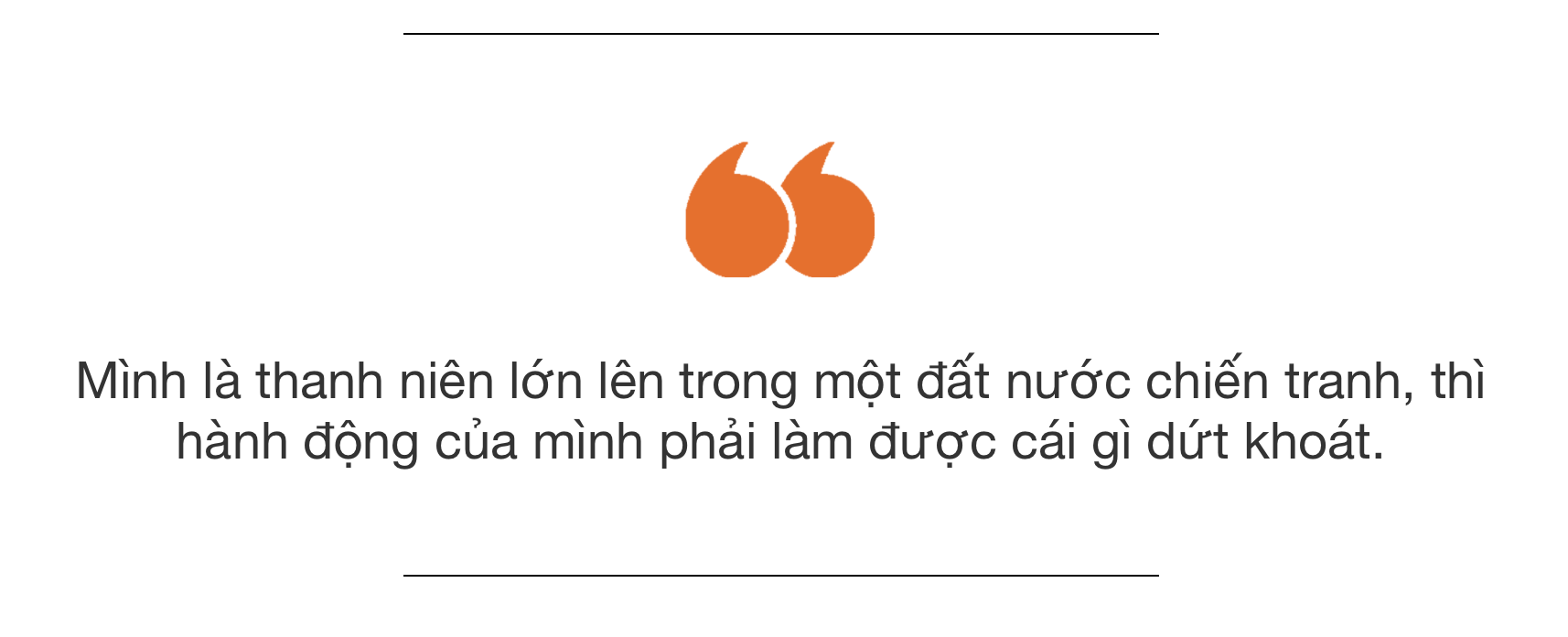
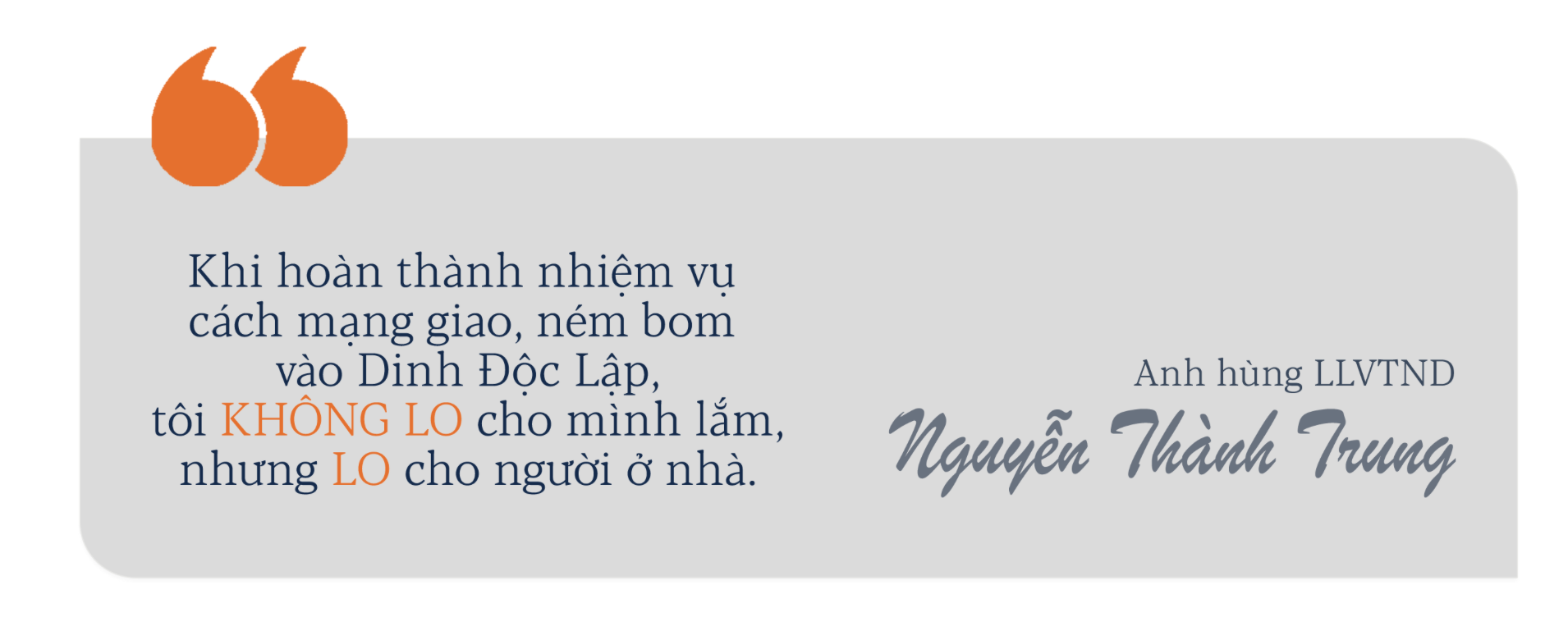
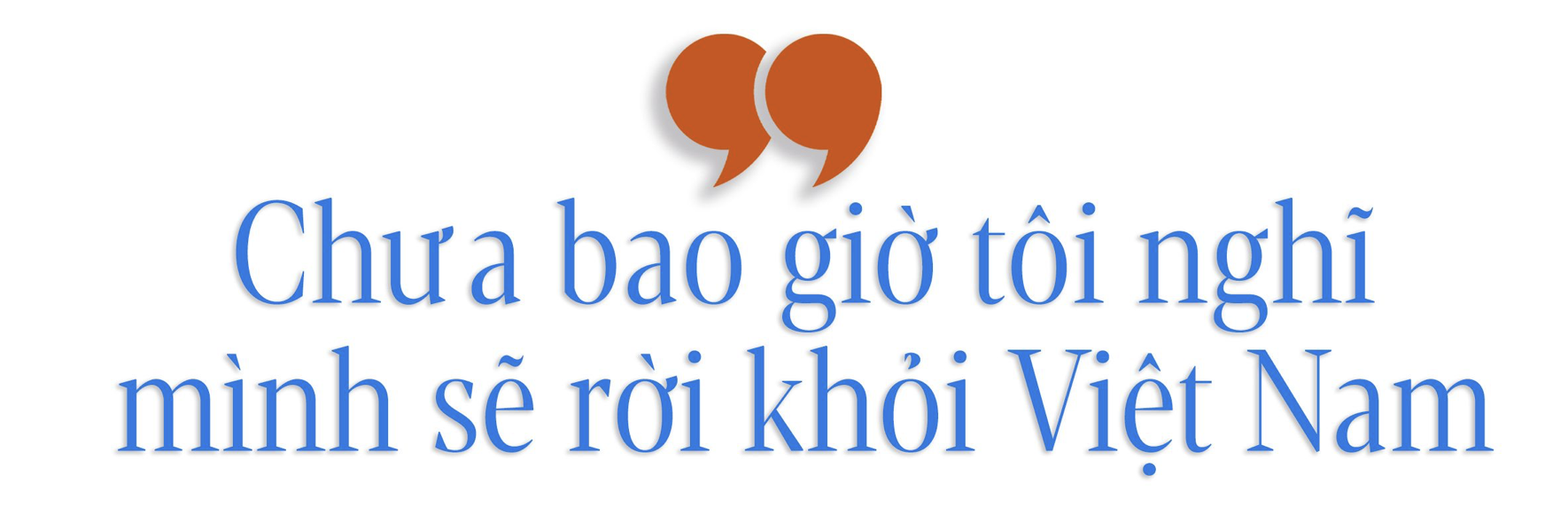
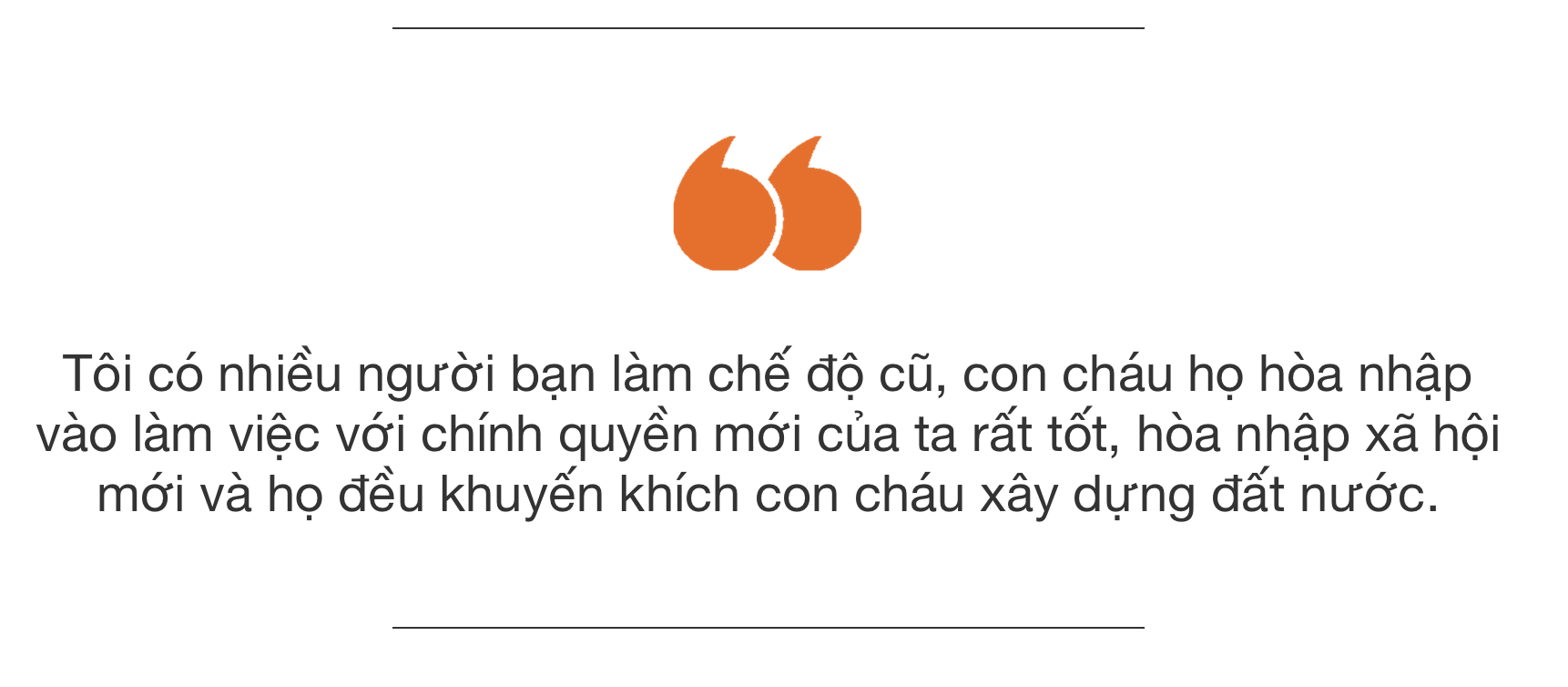

![[Photo] Soldiers guard the fire and protect the forest](https://vphoto.vietnam.vn/thumb/1200x675/vietnam/resource/IMAGE/2025/9/27/7cab6a2afcf543558a98f4d87e9aaf95)










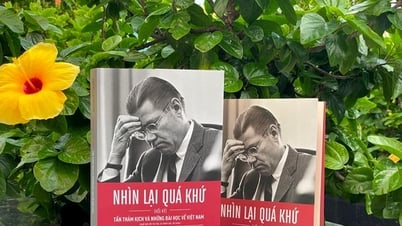

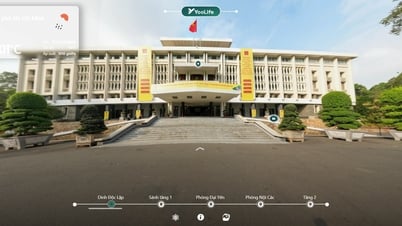

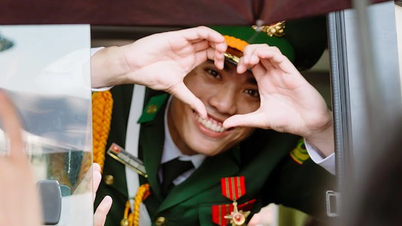

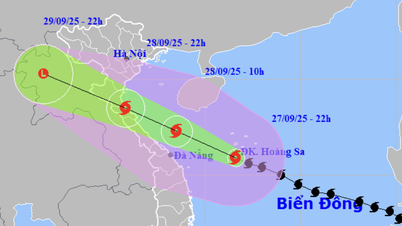

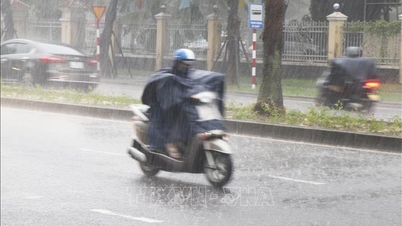

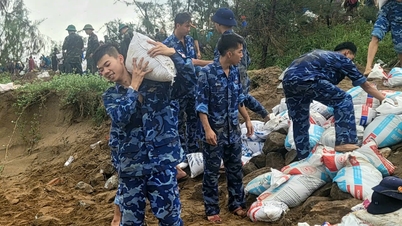
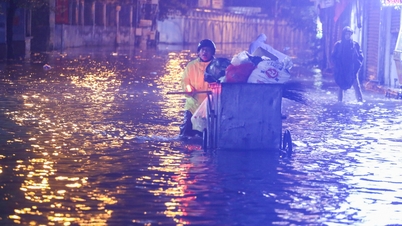
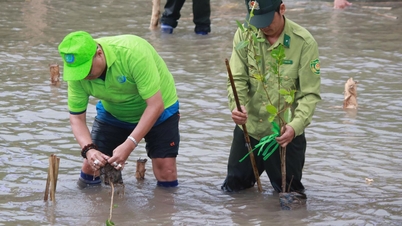





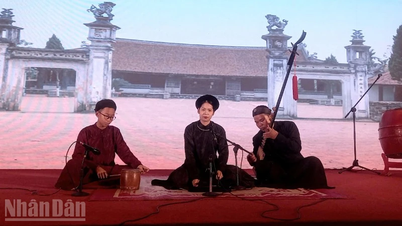
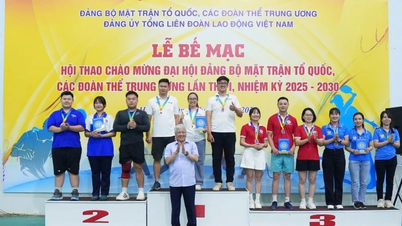

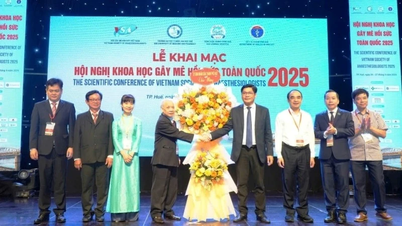

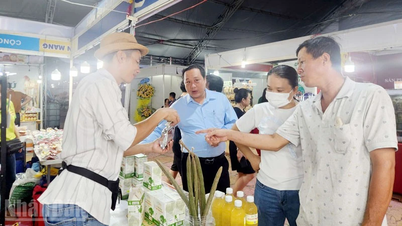

![[Photo] Prime Minister Pham Minh Chinh attends the 1st Hai Phong City Party Congress](https://vphoto.vietnam.vn/thumb/1200x675/vietnam/resource/IMAGE/2025/9/27/676f179ddf8c4b4c84b4cfc8f28a9550)
























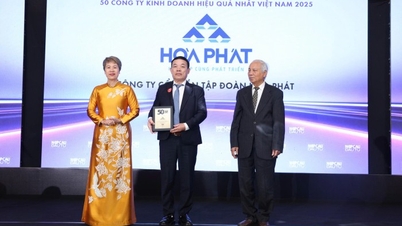



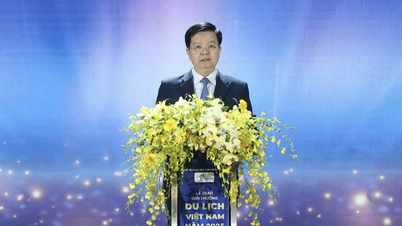


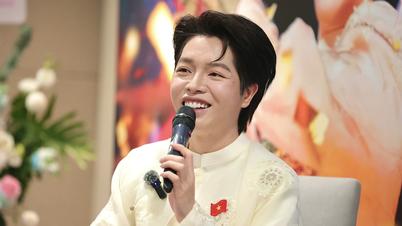





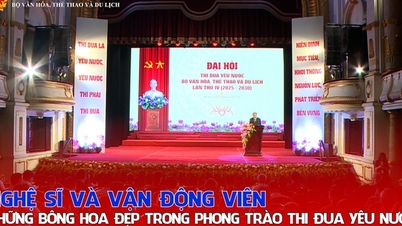



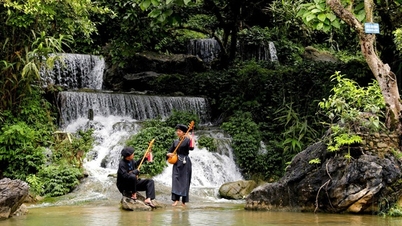
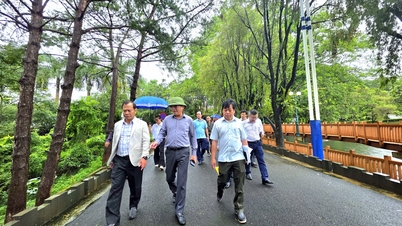


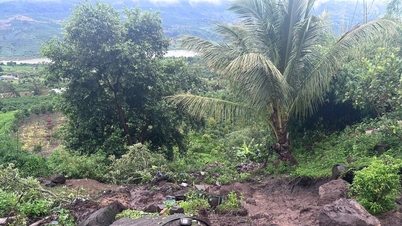




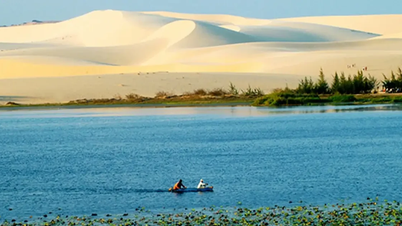











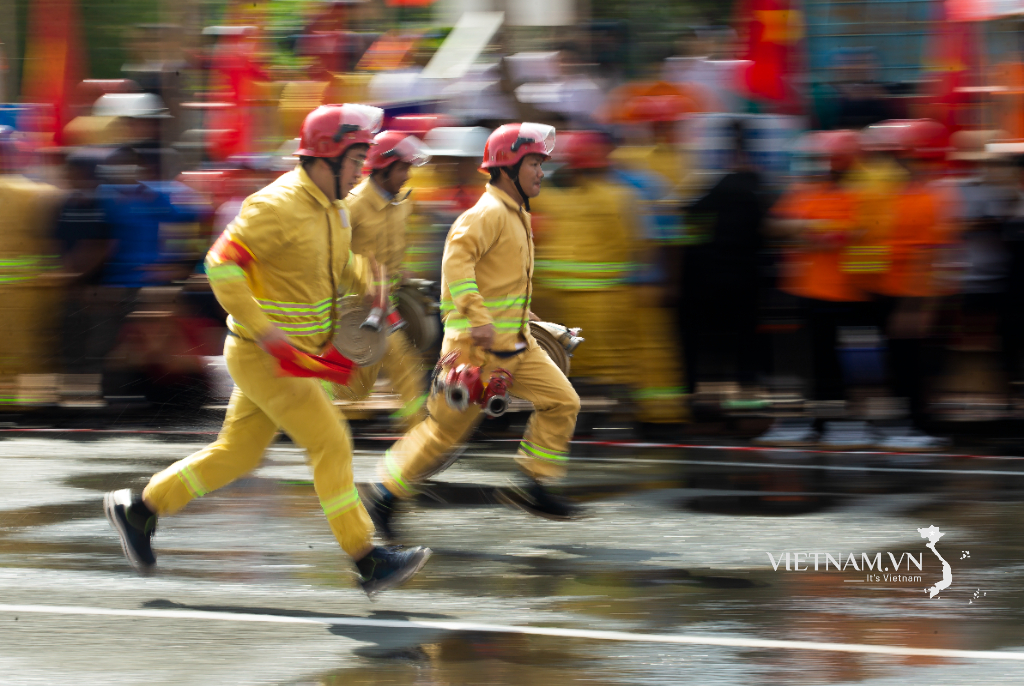
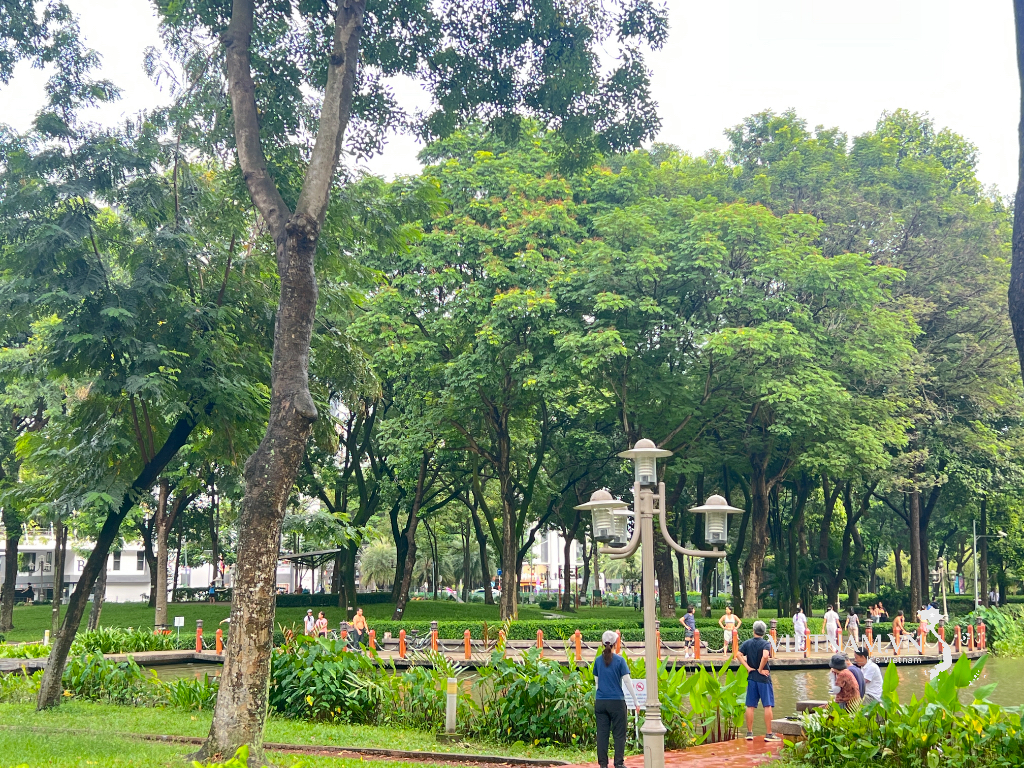


Comment (0)